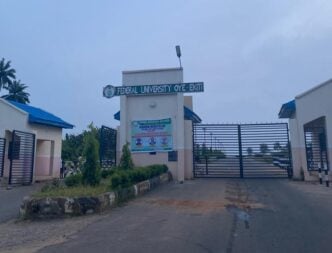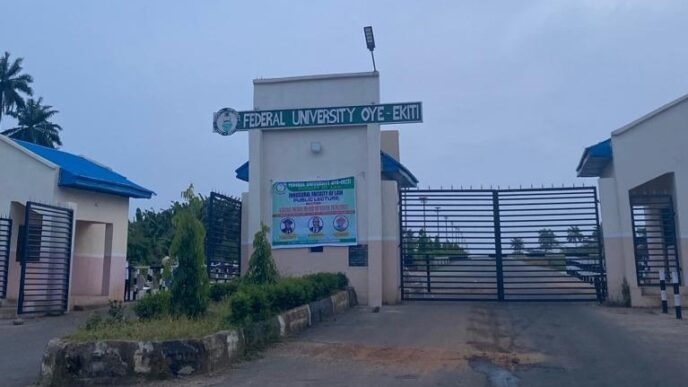Peter Obi
Peter Obi, presidential candidate of the Labour Party in the 2023 elections, says power outages and costly petroleum products could lead to increased poverty in Nigeria.
In a post on X on Sunday, Obi said the negative impact of the recurring power outages on businesses, especially small businesses, is unimaginable.
“The continued power outages in many parts of the country, particularly in the Northern and Eastern States, as well as South-South states, have remained a cause of grievous concern,” Obi said.
“It is heartbreaking to see that the affected states, majorly in the Northern parts of Nigeria, have been facing a total blackout for several days now.
Advertisement
“The negative impact of the continued power outage on businesses, especially small businesses, who depend primarily on public power supply to sustain their businesses as a means of livelihood, is unimaginable.
“This power crisis, when combined with the present high cost of petroleum products and a harsh operating environment, remains a lethal recipe for widespread business failure and increasing poverty in the country.”
‘SOLVING NIGERIA’S POWER CRISIS NOT ROCKET SCIENCE’
Advertisement
Obi said solving Nigeria’s power and energy crisis is not rocket science.
The former Anambra governor said many comparable nations have shown that it is feasible to deliver sustainable power to their citizens.
“Our African neighbour, Egypt, for example, invested aggressively in their power sector, which resulted in the establishment of a sustainable power infrastructure by way of many power stations,” he said.
“Today, Egypt has revolutionized power and energy production in the country, providing sustainable power to millions of small businesses, which account for over 90% of active enterprises in the country and contributes to over 80 percent of their GDP.”
Advertisement
Obi sympathised with everyone enduring the tough challenges, urging the government to increase its efforts and provide both immediate and long-term solutions to the ongoing issue.
The national grid has collapsed eight times in 2024, with the first recorded on February 4.
Also, on March 28, April 15, July 6, and August 5, the national grid collapsed.
Nigerians experienced another blackout on October 14, October 15, and October 19.
Advertisement
Addressing the situation, Adebayo Adelabu, minister of power, said the frequent system failure at the national grid is inevitable due to the outdated infrastructure.
Adelabu said more investment in power infrastructure will prevent future collapses.
Advertisement
On October 22, the Transmission Company of Nigeria (TCN) reported a power outage in the north-east, north-west and parts of north-central after 330-kilovolt (kV) Ugwuaji–Apir double circuit transmission lines 1 and 2 tripped due to a fault.
Providing an update on October 23, Ndidi Mbah, TCN’s general manager of public affairs, said the faulty area, which measures one span, was identified as a snapped 330kv transmission line in the swampy forest of Igumale, Benue state.
Advertisement
Mbah said the company is urgently organising the necessary materials for the repair work.
Advertisement










